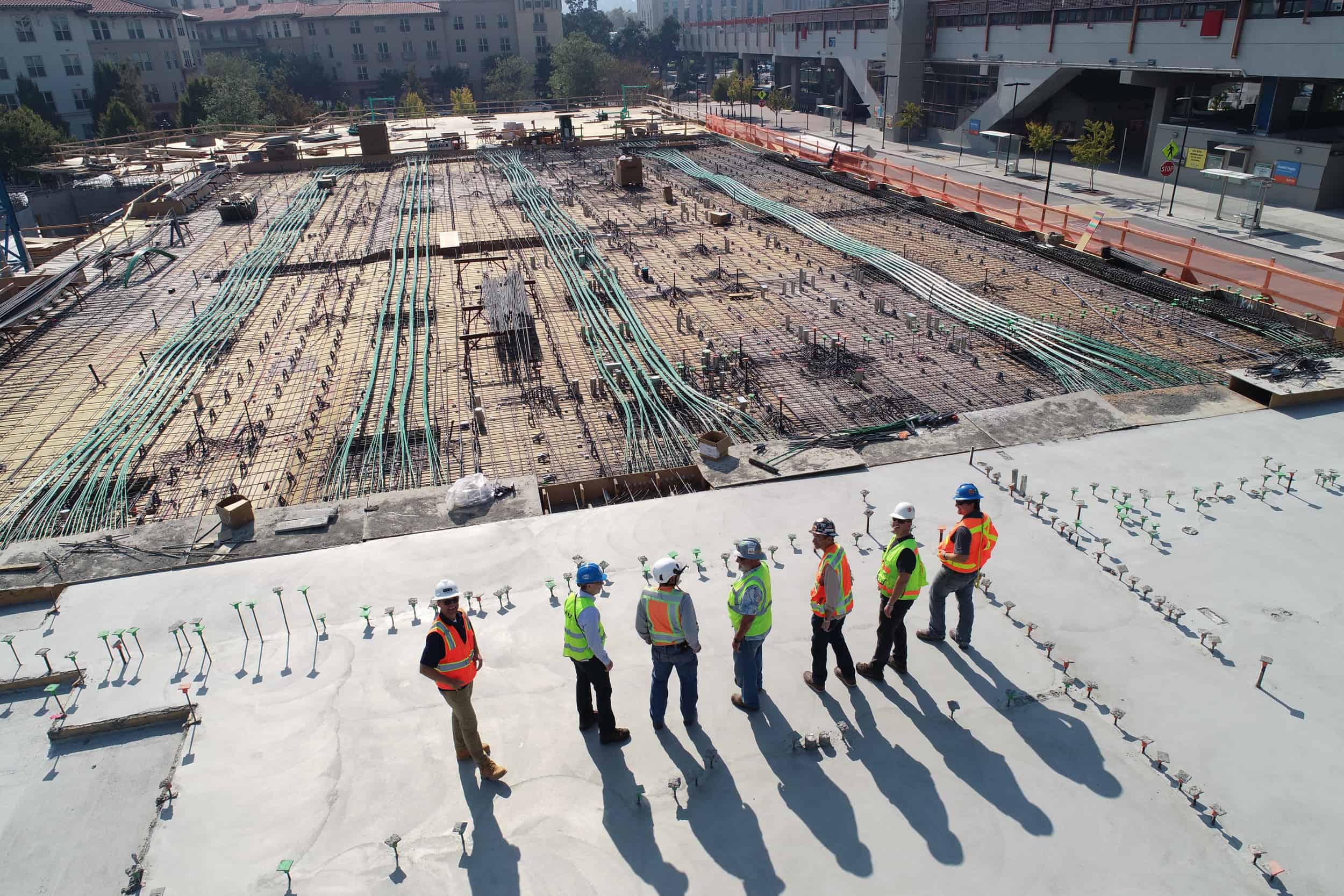Being a property developer is a team game. The backbone of every successful business in the industry is collaboration.
While building new homes was originally touted as the best way to beat the housing crisis, naysayers now speak up and believe differently; reclaiming empty buildings is apparently a more promising solution. While the way through will likely be a combination of these factors, property developers need to enhance productivity and improve both – the quantity and quality of construction.
Property developers can’t rise to the occasion alone. It will take a series of partnerships to optimise their potential. So, here’s a quick list of the people they should be working with and suggestions on how to make the most of these working relationships.
Warranty specialists
Property developers won’t get far without having the right warranties in place. The paperwork isn’t always legally mandatory, but many mortgage lenders won’t lift a finger without these measures being in place first.
Some warranty markets are fast-moving and complex, too. Therefore, it makes sense to work with warranty specialists who have their fingers on the pulse of this sector. Only then can property developers secure the best prices and proceed in the best way possible.
Property developers can learn more here about what’s possible and how to gain access to the best deals available.
Land surveyors
Land surveyors are around from day one of planning a build project. They can also be present throughout the construction process, offering crucial advice to builders from the sidelines.
These are the professionals who contend with all the legal obligations that are tied up with the land that’s intended to be developed on. They’ll mark all the necessary boundaries from a lawful standpoint and identify areas where there’s likely to be some pushback or unique concerns.
Land surveyors should ideally utilise a project management system for easier team cohesion. Moreover, they very rarely fly solo, often operating as part of a crew with talent they’ve selected and trained themselves. Gauging how they collaborate with their team could be useful, giving property developers much-needed insights into their processes and people skills.
Architect consultants
Another entity that’s present from the beginning is the architect. They can also be involved in both pre and post-construction planning.
Property developers should do a few things to ensure a strong work dynamic with an architect. They include:
- Viewing the architect’s portfolio of work before deals are made so the developers can be confident in the architect’s work and results.
- Communicating frequently throughout the project to ensure that plans are being adhered to or amended where necessary. It’s worth noting that only crucial changes should be made when necessary, as an excess of them can waste everybody’s time and resources.
- A contract that clearly outlines one another’s work obligations and details everything from associated costs to concessions, should unforeseen challenges arise.
Property developers should note that architects specialise in different types of construction, i.e. residential, industrial or commercial. So, working with any broadly defined architect should be a red flag. Their sector-specific knowledge makes them a crucial asset, as they will secure appropriate certifications rather than just draw a fancy building. Property developers should be more eager to work with architects that have been recommended to them via trusted channels.
Town planners
Town planners are well-versed in all the legislation for planning a development site. They’ll be tapped into the local atmosphere, too.
For example, town planners will be able to ensure that property developers are adhering to heritage concerns. Heritage sites can be monuments, buildings, or general areas of great cultural or even natural value. The public also has a window to comment on any concerns a development proposal might cause, and town planners will also field those concerns.
Furthermore, town planners will also ensure that the development seamlessly integrates into any area the companies aim to build. Environmental planning also falls within their jurisdiction, and they will assess whether the development poses a risk in that regard as well.
The involvement of a town planner is essential, but it’d be wrong to view their input as an inconvenience or as jumping through hoops. Their guidance will ensure that property developers don’t step on any toes, harm others or generally cause controversy through their activities.
Well-trained engineers
There is no development without engineers. They bring an onslaught of practical benefits to the project.
Of course, engineering is a very broad field. Property developers may need to engage with at least three specialists in this line of work. Useful input can come from:
- Vertical transportation engineers – developers only usually work with these experts if things like lifts and escalators need to be installed. Retail stores and high-rise office buildings benefit from their input.
- Electrical engineers – anyone could guess some of what these professionals do. Yes, they do commence with some wiring work, but they also have a hand in anything else that requires electricity during the development.
- Hydraulics engineers – it can seem like hydraulics engineers cover almost everything else that hasn’t been mentioned so far. Gas and plumbing utilities are often their areas of expertise.
- Mechanical engineers – these experts work very closely with the hydraulics engineers. Concerns around air flow are often in their wheelhouse, too, focusing on things like air conditioning and ventilation capabilities.
Engineers do more than just put the bones of a project together. They also adhere to strict compliance procedures and ensure developers do the same. Developers should bring them in during the planning stage and discuss what needs doing, as it can vary depending on the scale of the project. By the end of their good work, they’ll offer relevant certifications to ensure the site is legally sound and, more importantly, safe to use.
Conclusion
There are many experts that property developers should be eager to work with. Most have essential status, but that should only encourage all involved to make the most of these working relationships. The right attitudes can create a cohesive collaboration effort where plenty of support is offered.











